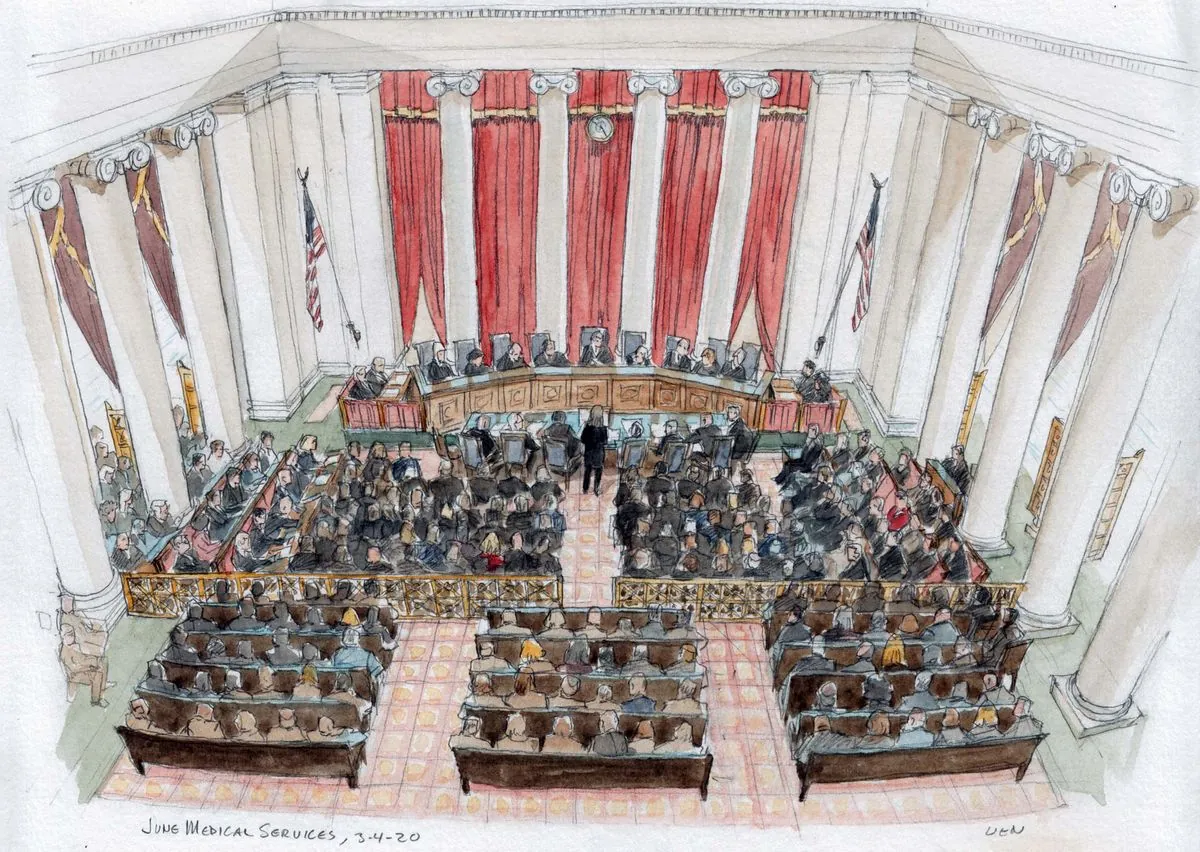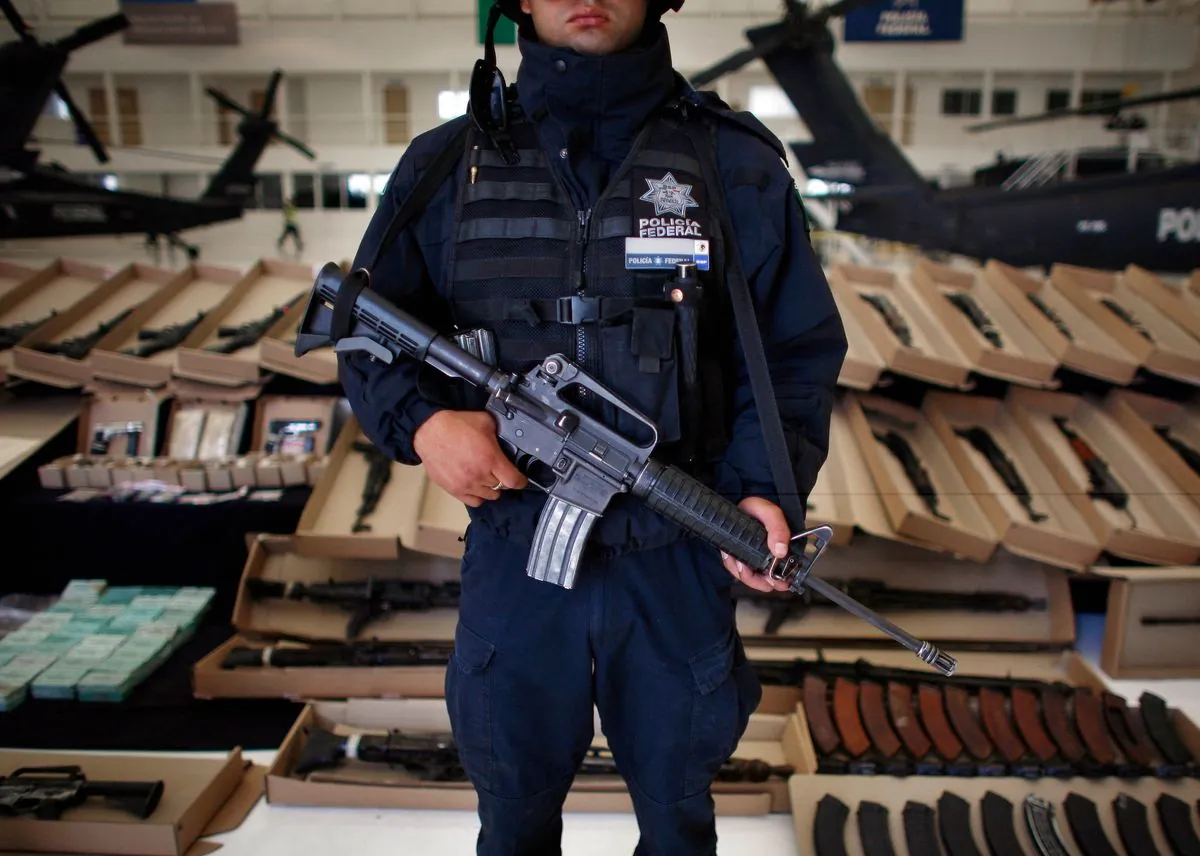Supreme Court Adds Diverse Cases to New Term, Including Gun Liability Suit
The U.S. Supreme Court has added several significant cases to its upcoming term, including a lawsuit by Mexico against U.S. gunmakers and appeals related to death penalty and workplace discrimination.

The U.S. Supreme Court, established in 1789, has expanded its docket for the term commencing on October 7, 2024, incorporating a diverse array of cases that touch on international relations, criminal justice, and civil rights. This addition to the court's agenda, which typically includes about 80 cases each term, underscores the institution's ongoing role in addressing complex legal issues affecting American society.
A prominent case added to the docket is a lawsuit filed by the Mexican government in 2021 against major U.S. firearms manufacturers. Mexico, grappling with one of the world's highest rates of gun-related fatalities, alleges that companies such as Smith & Wesson, Beretta, and Colt have profited from the illicit trafficking of weapons to criminal organizations within its borders. The lawsuit does not accuse the manufacturers of direct collusion with cartels but argues that their production of high-capacity firearms has contributed to the violence.

Mexico contends that between 350,000 and 600,000 firearms manufactured by these companies enter the country illegally each year, with nearly half of the weapons recovered at crime scenes originating from U.S. manufacturers. The lawsuit challenges the Protection of Lawful Commerce in Arms Act, passed in 2005, which generally shields gunmakers from liability for criminal misuse of their products.
"The flood of Petitioners' firearms from sources in the United States to cartels in Mexico is no accident. It results from Petitioners' knowing and deliberate choice to supply their products to bad actors, to allow reckless and unlawful practices that feed the crime-gun pipeline, and to design and market their products in ways that Petitioners intend will drive up demand among the cartels."
The court will also consider two death penalty cases. One involves Richard Glossip, convicted in a 1997 murder, where both prosecutors and defense attorneys advocate for a new trial due to prosecutorial misconduct. The other case concerns Ruben Gutierrez, who has been on death row for 25 years and is seeking DNA testing to prove his innocence in a 1998 killing. These cases highlight the ongoing debate surrounding capital punishment, which remains legal in 27 U.S. states as of 2023.
In the realm of civil rights, the court will examine a workplace discrimination complaint filed by Marlean Ames against the Ohio Department of Youth Services. Ames alleges she was passed over for promotion and demoted due to her heterosexual orientation, raising questions about the standards for proving discrimination claims by majority group members.
The justices will also address the use of deadly force by law enforcement in a case stemming from a 2016 fatal traffic stop in Texas. This case could potentially clarify the doctrine of qualified immunity for police officers, a concept established by the Supreme Court in 1967.
Lastly, the court will consider a case involving the storage of spent nuclear fuel in Texas, which could have implications for federal agency power and environmental regulations. This case touches on the complex issue of managing nuclear waste, which can remain radioactive for thousands of years.
As the Supreme Court, consisting of the Chief Justice and eight Associate Justices, prepares to hear these cases, its decisions are poised to have far-reaching impacts on gun regulation, criminal justice reform, workplace rights, and environmental policy in the United States.


































